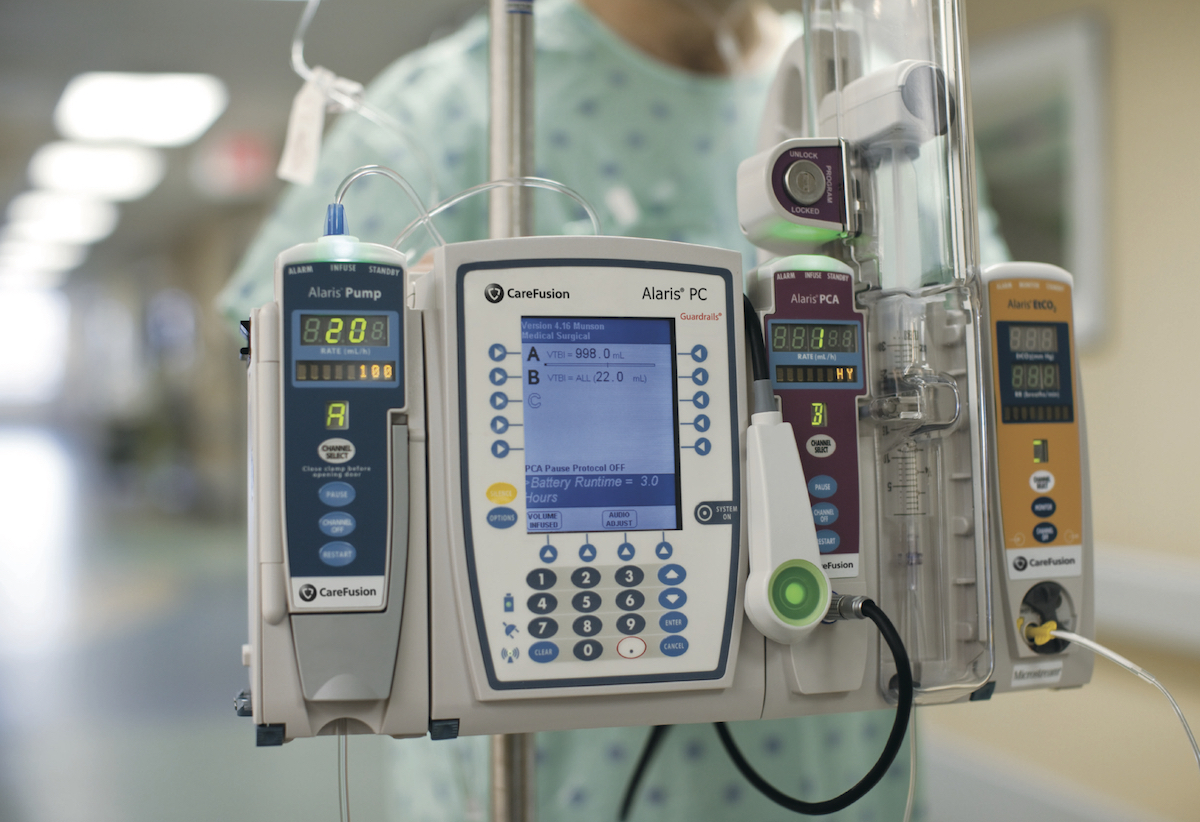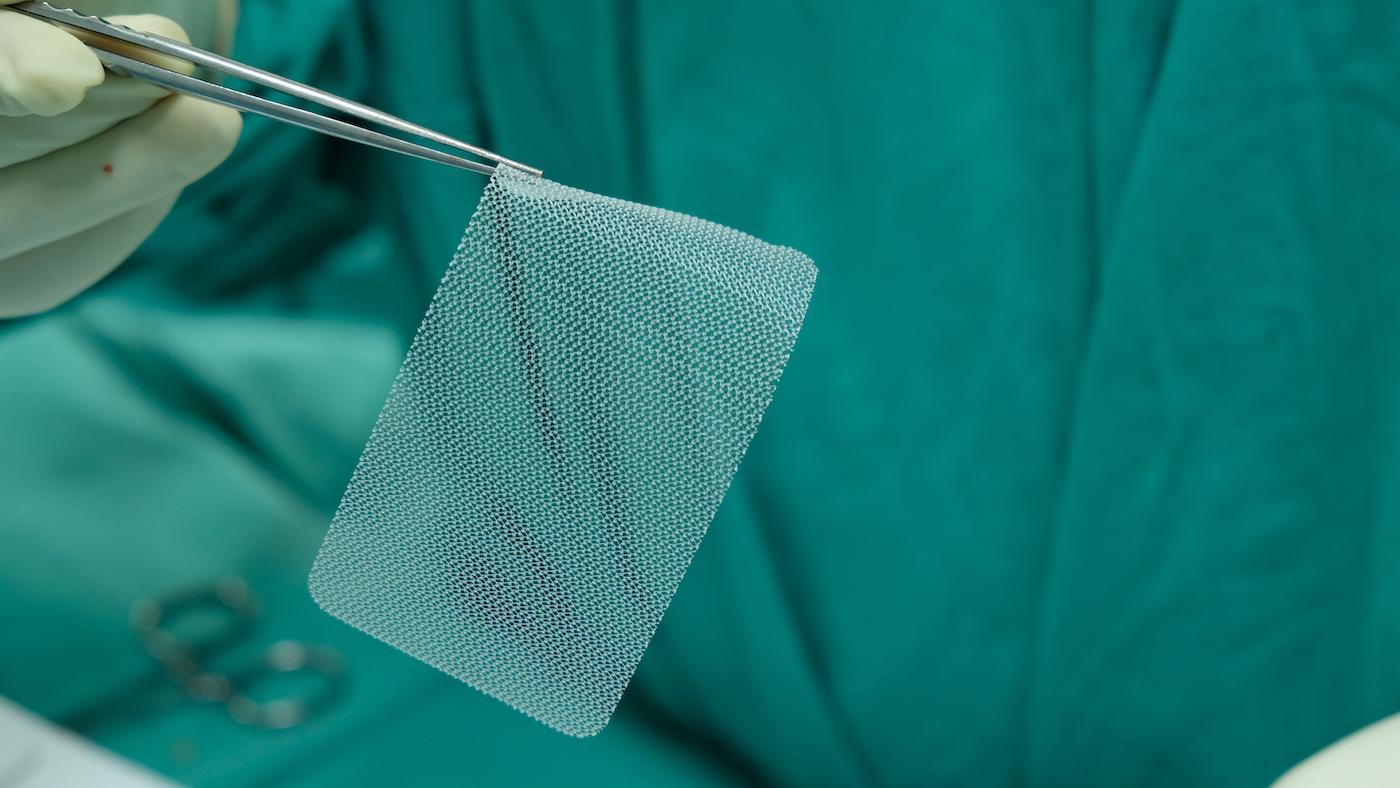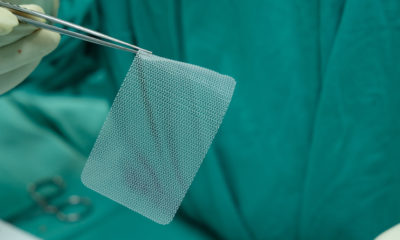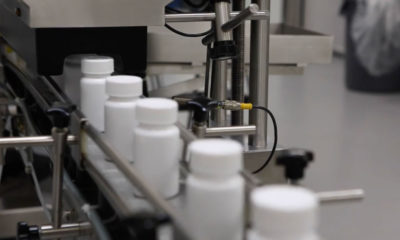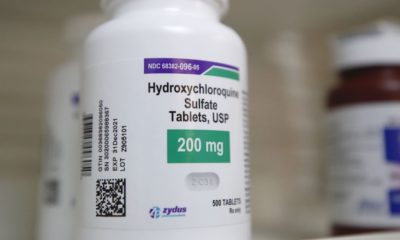Hernia mesh products have been around and used in hernia repair surgeries since they were first introduced in the 1950s. However, they have not been without some serious complications, which can even be life-threatening. While there are risks for any hernia repair surgery, some of the most common and most serious have resulted from mesh products that have been recalled.
Adhesion from Hernia Mesh Products
One of the most common issues is adhesion from the mesh implanted in the abdomen of the patient. Hernia mesh products are made of a variety of materials, and they may attach to tissue inside. The mesh has a coating which helps prevent the issue, but the coating dissolves while the mesh is often permanent.
The mesh may adhere to the abdominal wall or the intestines or other tissue. It can cause severe pain that won’t go away until the product is removed through surgery. Adhesion can lead to bowel obstruction.
Bowel Obstruction with Hernia Mesh
A bowel obstruction begins with an adhesion to the intestines. It can also migrate where it can entrap the intestines. Symptoms of bowel obstruction include nausea and vomiting. The patient is also unable to pass stool. They will require immediate attention because this is a dangerous condition.
If not treated quickly enough, part of the intestine may need to be removed. Reports from the FDA cite mesh products that have been recalled as a major reason for obstruction.
How Hernia Mesh Causes Bowel Perforation
Recalled products have also been shown to cause perforation in the bowels. This occurs when the mesh punctures the intestine or other area of the abdomen. It may also puncture an organ, creating a life-threatening condition.
Symptoms of a bowel perforation include nausea and vomiting along with severe pain in the abdomen and rigidity of the abdomen – the abdomen feels hard. Bacteria can get into the abdomen from the puncture, which can then lead to sepsis and peritonitis. These conditions may be fatal.
Infection from Hernia Mesh
An infection may result from hernia mesh surgery. Often, the mesh will need to be removed through surgery. Antibiotics can treat minor issues while deep infections are more complicated. Chronic infection may not begin for years after the initial surgery, which can make it more difficult to diagnose.
A person with infection from a hernia mesh product may experience inflammation and fever. They may notice other flu-like symptoms as well.
Migration of the Hernia Mesh
Another complication for hernia mesh surgery is that the product will detach and migrate into other areas of the body. Complications from a migrating mesh can include the following:
- Adhesion
- Bowel obstruction
- Bowel perforation
- Abscess
- Fistulas
In one case reported to the FDA, an implant detached and migrated to the intestine where it adhered. Surgery was required to remove the mesh along with a portion of the intestine.
There may be pain with migration or the patient may not have any symptoms until other damage occurs.
Damaged Mesh
The hernia mesh product may rip, tear or disintegrate, causing problems. The mesh can rip from the sutures, which often happens if the person lifts something too heavy or overexerts themselves too soon after surgery.
Another issue is if the mesh shrinks, which can cause it to come lose from the sutures in time. A long-term issue is when the mesh erodes and breaks into pieces. The pieces may move around and perforate surrounding tissue.
All of these problems can lead to migration, which can cause other complications. Surgery is often necessary to repair the condition.
Issues with hernia mesh can happen right after surgery, a few weeks or months later or years afterwards. The hernia may rupture again even with the mesh in place. While the product is effective at repairing the hernia, it is not a guarantee.
Defective Products
As with any surgical procedure, there is a risk of these complications even if everything is done correctly. However, there have been numerous recalls of hernia mesh products that increase the risk of problems. It may be related to the materials used or the design of the product. Some products have a higher failure rate than others, and some have been recalled due to their safety issues.
It is important to let a doctor know you’ve had a hernia mesh if you experience symptoms that can be associated with these complications. Often, immediate medical attention is necessary to prevent further damage or health issues. It can be difficult to diagnose a condition related to the mesh correctly.

